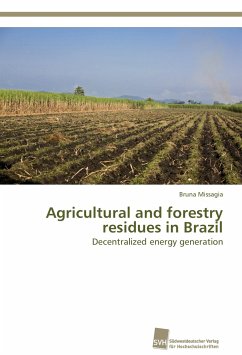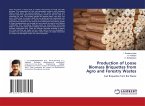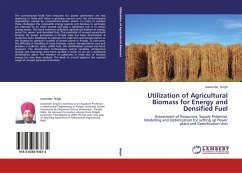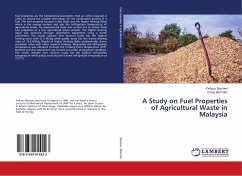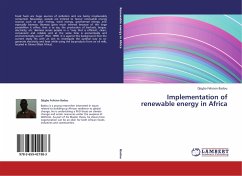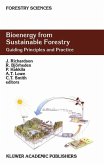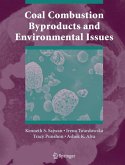Agriculture and forestry generate a significant amount of residues that could be used in conversion technologies for energy generation, based on the type of biomass, residues available and the market demand. Several case studies and social groups were investigated in Brazil to identify different resource management strategies, which biomass technology was applied and the needs of the local population. It was concluded that the compaction of biomass to generate solid biofuels with uniform properties could be a cost-effective alternative for communities taking advantage of the resources available in the region to produce energy. Nevertheless, the cultural, geographical and socio-economic discrepancies of Brazil could involve challenges on the implementation of future projects, even when their development would provide benefits for Brazil as a whole.

